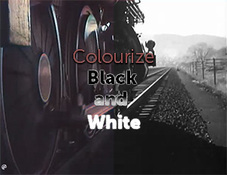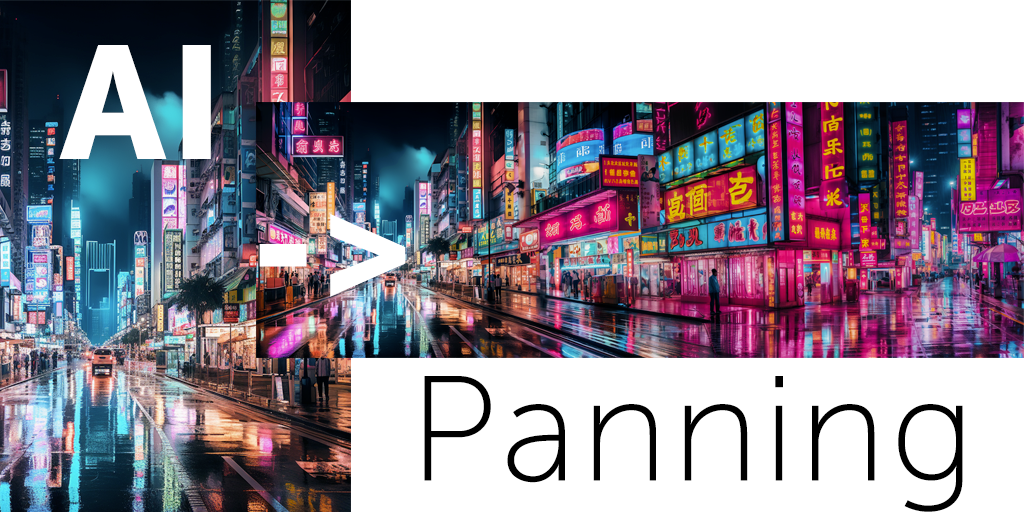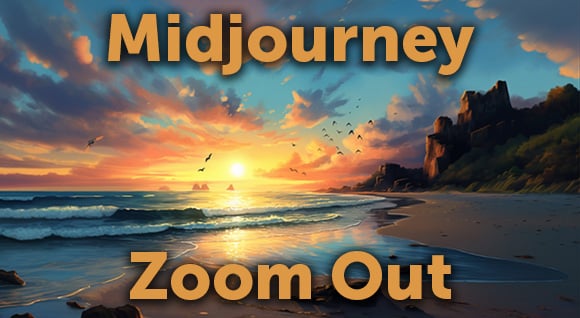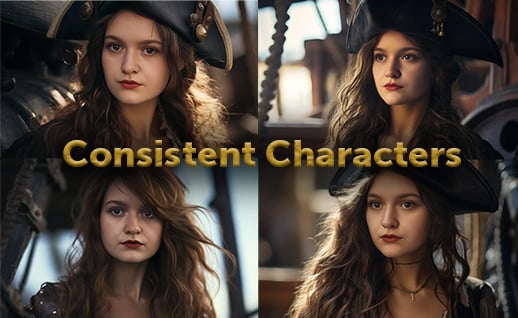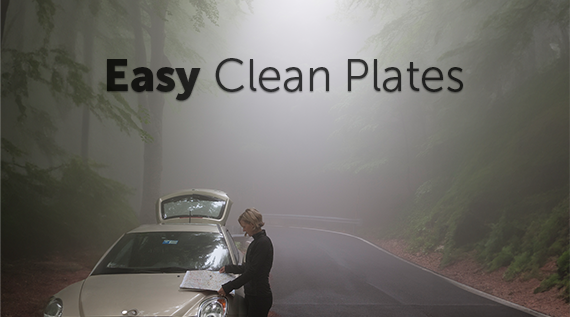If you’re new to video, the degree to which sound quality can affect your work can be an unwelcome revelation — you already have your hands full thinking about the visual aspects. But as many have stated, bad audio can be more difficult for a viewer to tolerate than poor image quality.
Even if your dialogue has been properly recorded with a good microphone and you have no sync problems, your movie may still need that something extra. You might want sound effects that accentuate actions happening on-screen or off. You might want mysterious “non-diegetic” sounds — ones that aren’t physically “happening” during a scene but that suggest a change in mood or ambience. Or you may just want to sweeten or brighten the audio for overall quality, or to improve continuity or contrast from one scene to the next. And this is before you even consider music for the soundtrack.
This is sound design.
No wonder professional filmmakers rely on expert sound designers. They have the skills, experience, and, most importantly, the ears required to achieve the sonic perfection audiences take for granted. Sound designer Ren Klyce, who regularly works with director David Fincher says, “We’ve gotten to a place where the audience expects and assumes that the sound and image were created at the same time.”
It’s the sound designer’s job to be ready with almost any kind of aural texture — and they go to great lengths to find it. For example, go to 1:46 in the video below:
Sound-design resources
Software
Check your video-editing software to see what’s built-in. You’ll find a default “effects” library in Adobe Premiere’s Audio Effects tab. (Note that these are filters and enhancements, not sound effects files like doors closing or gunshots.) A light touch is generally better. In the words of Abba Shapiro, “The more people play with audio when they’re not experienced, the worse the audio sounds.”
If you need more sophisticated tools, Adobe Audition is the next step up from Premiere. Here’s a demonstration of it removing background sounds as loud as a siren or as quiet as crickets.
Red Giant’s Plural Eyes software “automatically synchronizes multiple video cameras by matching their [files’] audio waveforms. It can be used for any type of multi-camera shoot, and eliminates the need for cameras to be synced by timecode or slate.”* It comes highly recommended by pros and works in Adobe Premiere or Apple Final Cut Pro.
Libraries
Bang! Boom! Crash! Aaaah! Need sound effects? Check these sites for quality libraries.
Equipment
Need to record your own, with a DSLR setup? No Film School has a good primer on external mics, and on-camera vs. separate-system. “Separate-system is what filmmakers accustomed to shooting celluloid will be familiar with; you record visuals to one medium and sounds to a separate recorder, and then have to sync the two up during editing.” You’ll find another useful discussion on Creative Cow concerning recording with a typical Canon 5D setup.
Talent
As with any craft, hiring professionals is worth it, especially if you have a paying client, or your own time to learn and experiment is limited. Try the new Creative District network (search for “sound design” here) or Behance (including innovative pros like Diego Stocco).
Posted by
Jon Parker
.png)
.png)
.png)
